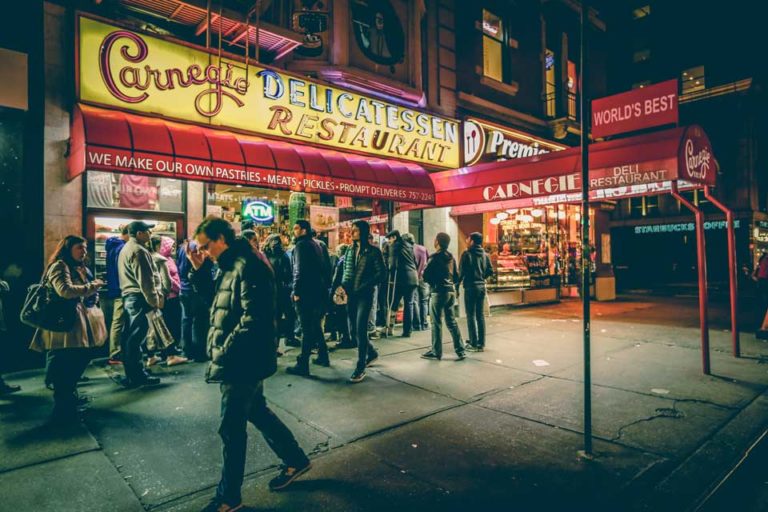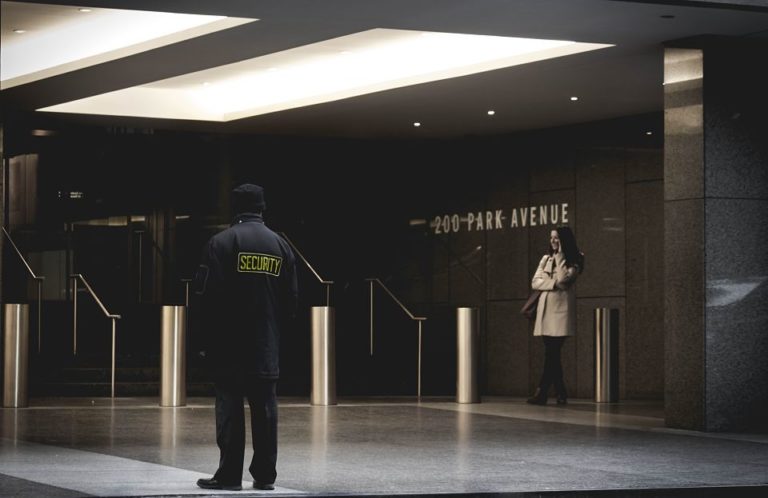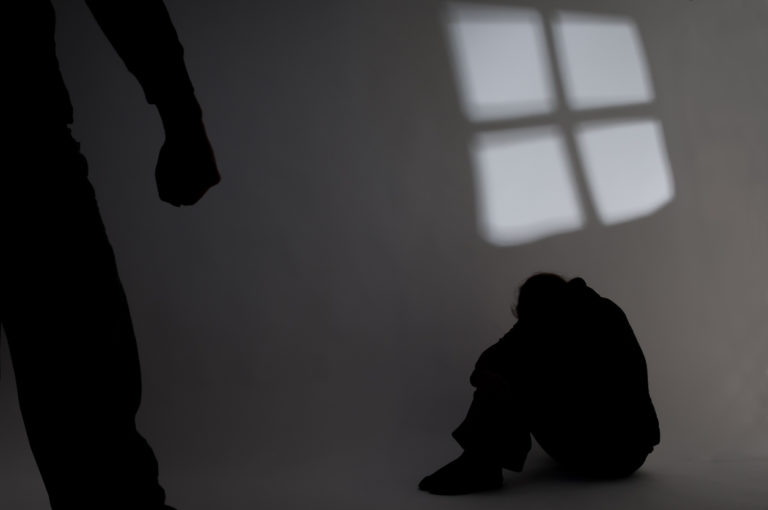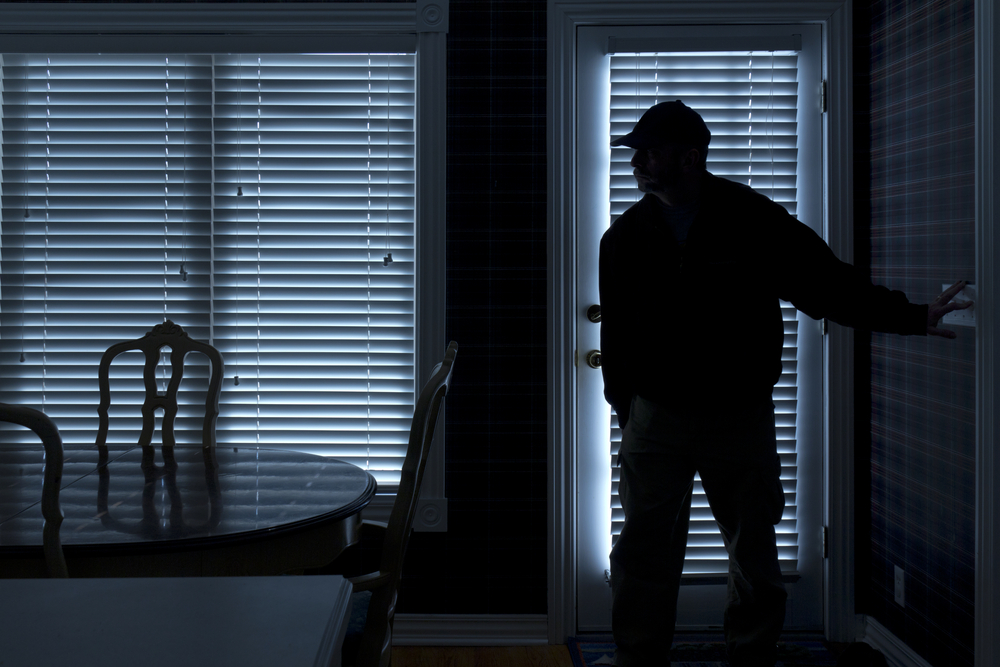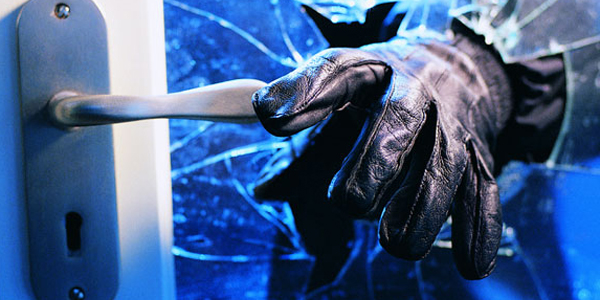Personal Security Reboot!
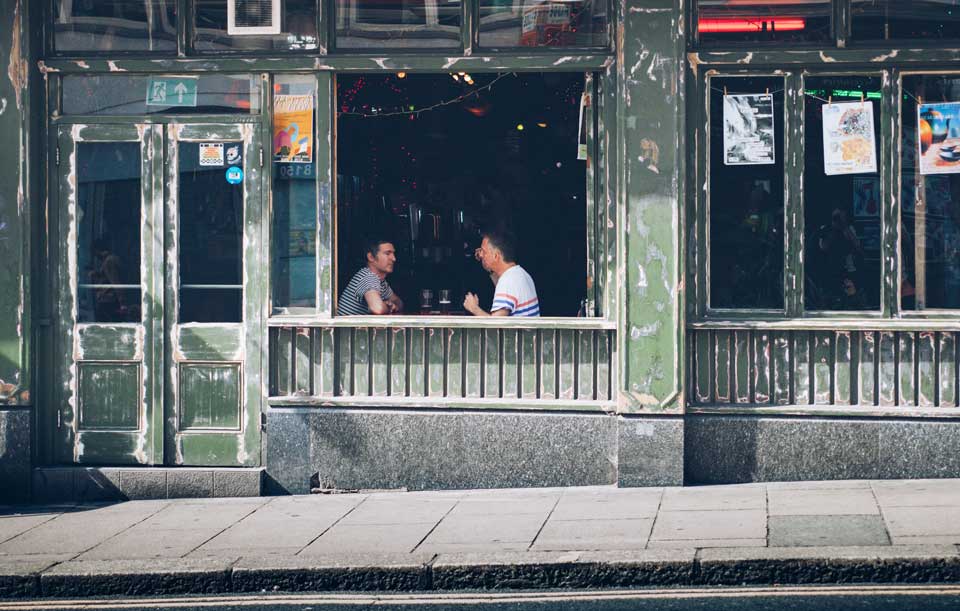
Do you have a cell phone or laptop? Do you use them in airports? Guess what, that’s the worst place to use your personal electronic devices!
Here’s why: Because of the mass use of mobile devices within airports, communication companies have installed “mini-towers” within airport terminals to help the cell towers with the load.
The mini-towers’ encryption capability is almost nonexistent, making it easy for nefarious people with the proper technology to listen to your conversations or intercept your emails and texts messages.
WHAT SHOULD YOU KNOW?
These days, security concerns are at an all-time high. At the same time, most people have limited capabilities and don’t know where to turn for reliable resources or education regarding their personal security.
Most security tools at the consumer level are designed for the moment of crisis. However, learning to prevent and elude crisis is far more valuable.
Unfortunately, it’s often ignored.
For example, it is a known fact that if you’re a Westerner visiting a country like China, the odds of your hotel room being searched covertly, or in some cases overtly, can be quite high.
When it comes to experienced business travelers, for example, they should operate by certain “rules” when traveling and representing their companies, as they often have a hefty responsibility to protect company information like trade secrets, potential deal points and other sensitive information.
The ability to detect a threat or crisis and prevent being caught in the middle requires education and proactive security habits. Ideally, avoiding a crisis is the best outcome. This can only be achieved with education and training, and everyone should have a personal security toolkit handy.
I recently escorted a tech exec on an international trip. It was my job to teach him how to travel in a secure and safe fashion. For example, when traveling, there are many wonderful housekeeping services in the hotels we stay at.
However, occasionally we need to be prepared for what we in the security field call “evil maid” tactics.
These “evil maids” are often recruited to search your hotel room, download valuable data from your laptop and often install microphones to collect information from you.
What follows are a few tips and habits I taught this tech exec to employ to best protect himself when traveling. You can and should have these tools in your “personal security toolkit” for everyday use as well.
1. PREPARATION IS KEY!
Be sure to be as absolutely prepared as possible. The key to this is research.
If you’re equipped with all of the necessary knowledge when going into a situation, you will always be thinking ahead and ready to act, which is paramount to reacting correctly when under pressure or in a crisis situation.
For example, when traveling abroad, be sure you understand the intricacies of the local culture in order to easily adapt to your surroundings. Or, if you’re traveling to a remote location, determine the necessary vaccinations and preventive medicines you will need before you travel.
Learn how to make a basic medical kit to take with you. Prepare, prepare, prepare!
Area Knowledge: Other than obvious projection and demeanor characteristics, lack of area knowledge is the difference between locals and you.
Take time to use the myriad of free mapping softwares PRIOR to departure, like Google Earth and Google Maps.
Study the infrastructure like north-south, east-west highways, determine if the city streets are a grid or a spider web. Understand them well enough to recognize them if your phone battery dies, GPS gets stolen, or the taxi driver starts heading the wrong direction.
Know where you are without technology. I know, scary!
2. SOCIALIZE WITH CAUTION
Our biggest threats are often the ones never seen.
Awareness is a weapon in every situation, not just for when walking down the street or traveling to a new place.
As the Internet becomes its own lawless country with good, bad and ugly people roaming about, threats are lurking around every click.
Ensure you always update the apps on your electronic devices and check your privacy and security settings.
Re-evaluate your privacy settings regularly, especially Facebook, Twitter and other geo-locating apps.
Change your routine as often as possible. Like any good spy, always assume you’re being watched, listened to and tracked at all times.
Also, be careful of the posts you make while on the road, especially pictures. Pictures can tell your location, the people you’re with and provide a timeline of your movements.
Don’t be predictable, like taking a picture of a future destination (a bar, nightclub, museum, monument, etc.) and broadcasting, “I’ll be here tomorrow night. Who wants to join me?”
These kinds of posts are summed up as your “Pattern of Life”, which is what you do, how you do it, and who you do it with. All of which gives a bad guy the upper hand.
3. EMPLOY A “CONFIDENT SHADE OF GREY”
Targeting or nefarious interest starts with how you project yourself, along with your demeanor.
You can elude potential adversaries with subtle dress, actions and mannerisms. You can apply this to you, your family, your home, your vehicles and your online profile.
We want everyone to be a “confident shade of grey,” meaning, blend in but always be prepared for the worst-case scenario.
Projection is what you wear and how you wear it. Demeanor is how you act and how you say it. Both of which must be managed equally to effectively blend in.
The most important aspect to both qualities is cultural awareness: the understanding of geo-specific traditions, dress and mannerisms.
When in Rome!
BUT not like the Griswolds in the movie “European Vacation.” Our egos are the culprit to standing out in a crowd; most of us want to look good, but that’s the opposite of blending in…
4. CREATE INVISIBLE THRESHOLDS
Staying alert is difficult and, frankly, exhausting.
Start training your brain to create invisible thresholds where crisis is most likely to occur. By doing so, you will find yourself filtering your immediate environment.
Thresholds are invisible lines on the ground, at a doorway, near an intersection or anywhere you feel threats could pass. This process will automatically urge “What if…” or “What would I do if…” thoughts, which in return is the “action taken” if thresholds are breached.
The goal is to make decisions prior to crisis, so that if crisis occurs, all you have to do is act out your decision.
By doing so, you will act faster and swifter than the screaming banshees around you.
5. RUN, HIDE, FIGHT!
The Run, Hide, Fight philosophy is an essential one to keep in mind.
First, you should always be ready to RUN from crisis utilizing familiar routes or exits already identified.
If running isn’t an option, HIDE, preferably keeping the threat in sight at all times.
When hiding, choose cover over concealment. Cover stops bullets and hides your position. Concealment just hides your position and doesn’t stop bullets.
So if you have to hide, look for cinder block walls, granite table tops, engine blocks and other materials of dense composition.
Never hide blind – give yourself the ability to see. Move from cover to cover.
When all else fails, FIGHT. Team up with others, create a plan and execute with a violence of action.
Remember, increased exposure to threats decreases survivability. Keep moving – static targets are easy prey.
Oh, and closed-toed shoes – when crisis strikes, the last thing you want on your feet are flip flops! Wear shoes that allow you to RUN or FIGHT. Sandals and flip flops equal bare feet when surrounded by things like gunshots, fire, flood and mudslides.
6. BE SAVVY WITH YOUR ELECTRONIC DEVICE SECURITY
In the electronic world, make sure your passwords are combinations of words 25 or more characters long. For instance:
giddyup excalibur beneficial frogslegs
Avoid using personal information and change your passwords every 30 to 60 days.
One step to take in order to protect your digital data is to use a good firewall. Many viruses these days are transmitted via USB port from one device to another. Before you plug anything into your computer make sure you have up-to-date anti-virus software installed, as well.
If you travel overseas with your cell phone, my rule of thumb is do not use it for anything you wouldn’t use your computer for at the local Starbucks. In many countries, the government owns the cell company. This means everything that leaves your phone, whether it is a text message, phone call, email or web surfing, can be seen by local authorities.
Instead, think about buying a cheap travel phone. And if you must travel with your phone, do not store all your passwords on your cell phone!
7. USE DISCREET TECHNOLOGY TO ENSURE SECURITY
If you think someone might be “snooping” on you, the Escape the Wolf Photo Trap App is a helpful tool to determine if any such snooping is really going on. Photo Trap lets you take before and after photos, and the app will animate anything that has changed, moved or been removed.
Photo Trap is a very cool and useful tool.


